
More effective use of deposit insurance policy
National Assembly Deputy Hoang Thi Doi ( Son La ) agreed with the need to amend the Law on Deposit Insurance and appreciated the draft Law for adding many new points compared to the 2012 Law, especially the provisions to better protect the legitimate rights and interests of depositors. The delegate hoped that after the Law is promulgated, the State will have a mechanism to more effectively use the deposit insurance policy to protect people and depositors.
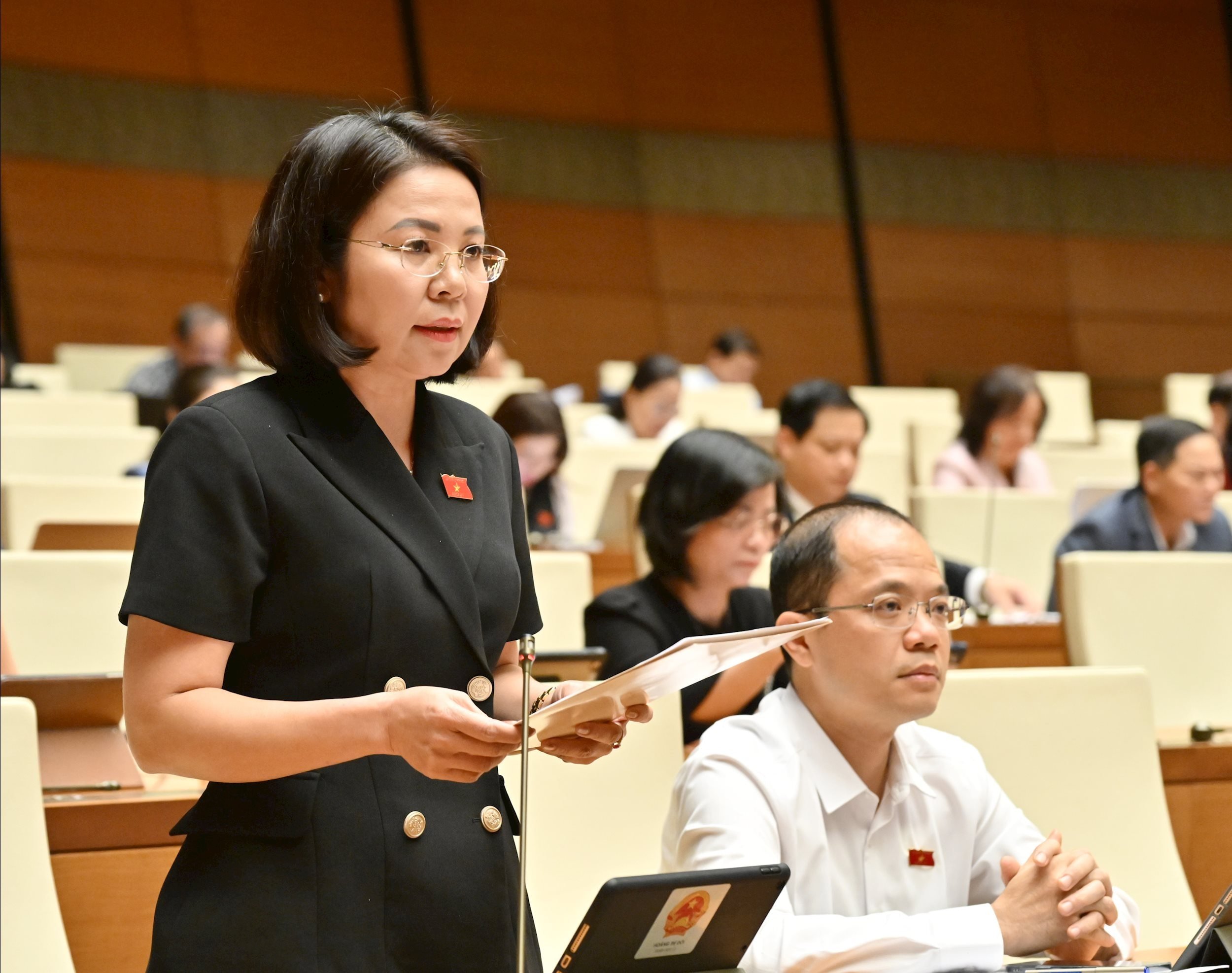
National Assembly Deputy Thai Quynh Mai Dung ( Phu Tho ) said that the draft Law needs to thoroughly resolve difficulties and problems in implementing the current Law, including the failure to utilize the resources of the deposit insurance organization in the process of handling weak credit institutions, the failure to promptly protect the rights of depositors due to the conditions for the obligation to pay insurance being too strict, and the role of the deposit insurance organization in inspecting organizations participating in deposit insurance being unclear.
Regarding deposit insurance premiums, delegate Thai Quynh Mai Dung emphasized that this is the main source of revenue to supplement the operational reserve fund to serve payment and participate in handling weak credit institutions.
Clause 1, Article 19 stipulates deposit insurance fees as follows: "The Governor of the State Bank of Vietnam shall prescribe the deposit insurance fee level, the application of deposit insurance fees of the same rank or differentiated in accordance with the characteristics of the Vietnamese credit institution system in each period."
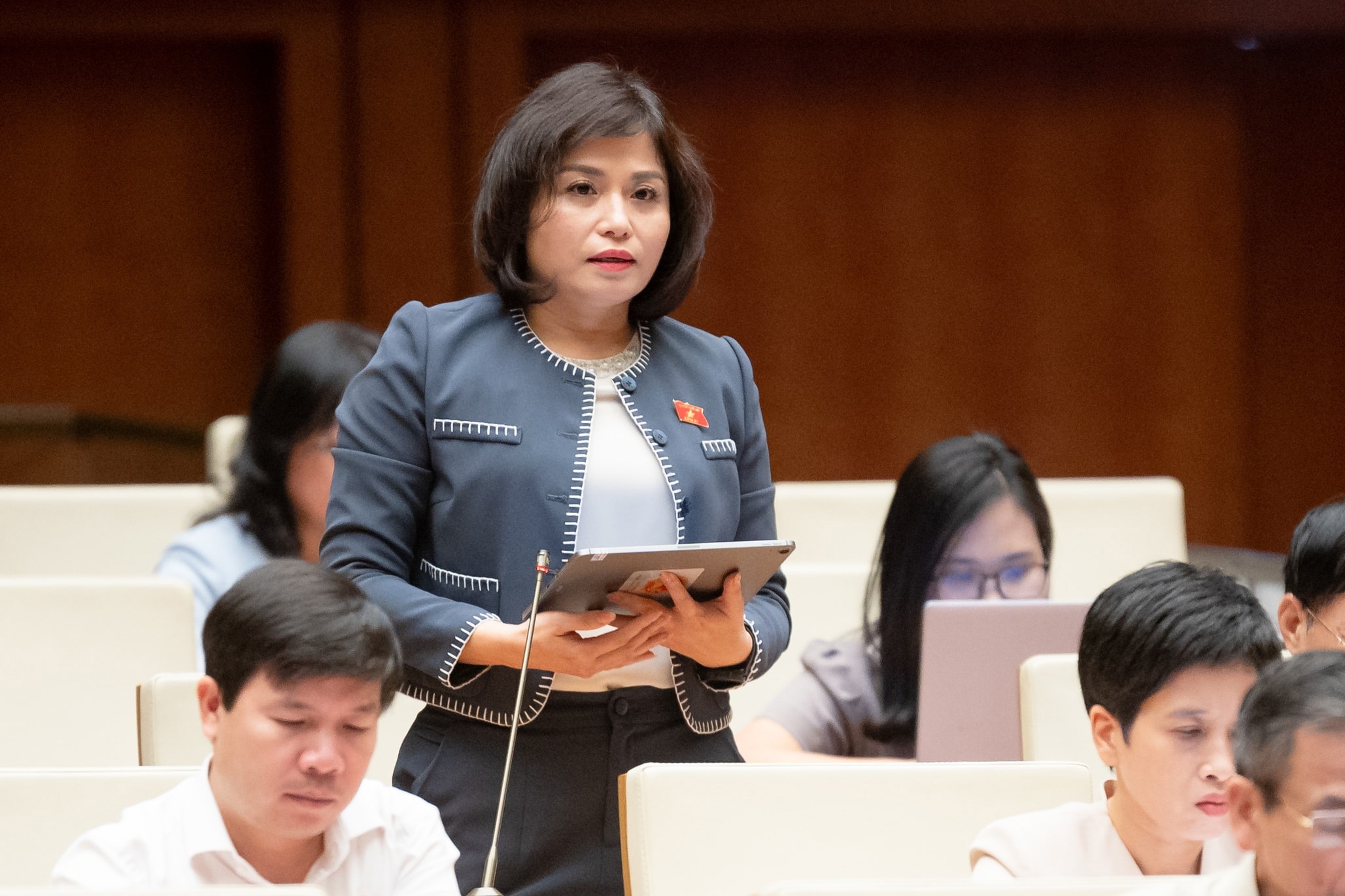
Delegate Thai Quynh Mai Dung said that the decentralization of authority to regulate deposit insurance premiums to the Governor of the State Bank is consistent with the policy of promoting decentralization and delegation of power of the Party and the State; at the same time, it is consistent with the authority, functions and tasks of the State Bank as a state management agency, with the function of inspecting and supervising the credit institution system, and also the state management agency for deposit insurance activities. Therefore, the State Bank has sufficient necessary basis to regulate deposit insurance premiums and apply the same level of deposit insurance premiums or differentiate them in accordance with the practical situation.
According to the delegate, the differential fee system is progressive, it is reasonable for organizations that operate more safely to pay lower fees. However, in reality, if a credit organization encounters difficulties in its operations due to many factors, applying a higher fee will invisibly create more burdens for that organization. Not to mention, if not well secured, the differential fee can be exploited as an unfair competitive advantage.

Emphasizing that the draft Law assigning the Governor of the State Bank to regulate the application of uniform or differentiated fees in accordance with the characteristics of the Vietnamese credit institution system in each period is reasonable; ensuring flexibility for the State Bank to apply, however, delegate Thai Quynh Mai Dung also suggested that it is necessary to stipulate a roadmap for applying differentiated fees in the draft Law or in sub-Law documents to have a ready plan for preparation and implementation.
Enhance risk management effectiveness
According to National Assembly Deputy Luong Van Hung (Quang Ngai), although the draft Law allows the application of uniform or differentiated deposit insurance premiums, in order to enhance the effectiveness of risk management and encourage credit institutions to operate safely and healthily, it is necessary to clearly stipulate a roadmap for the complete transition to a deposit insurance premium mechanism based on risk levels. “This mechanism not only encourages credit institutions to improve their risk management capacity, control asset quality and comply with operational safety regulations, but also ensures fairness between credit institutions with different risk levels,” the delegate emphasized.
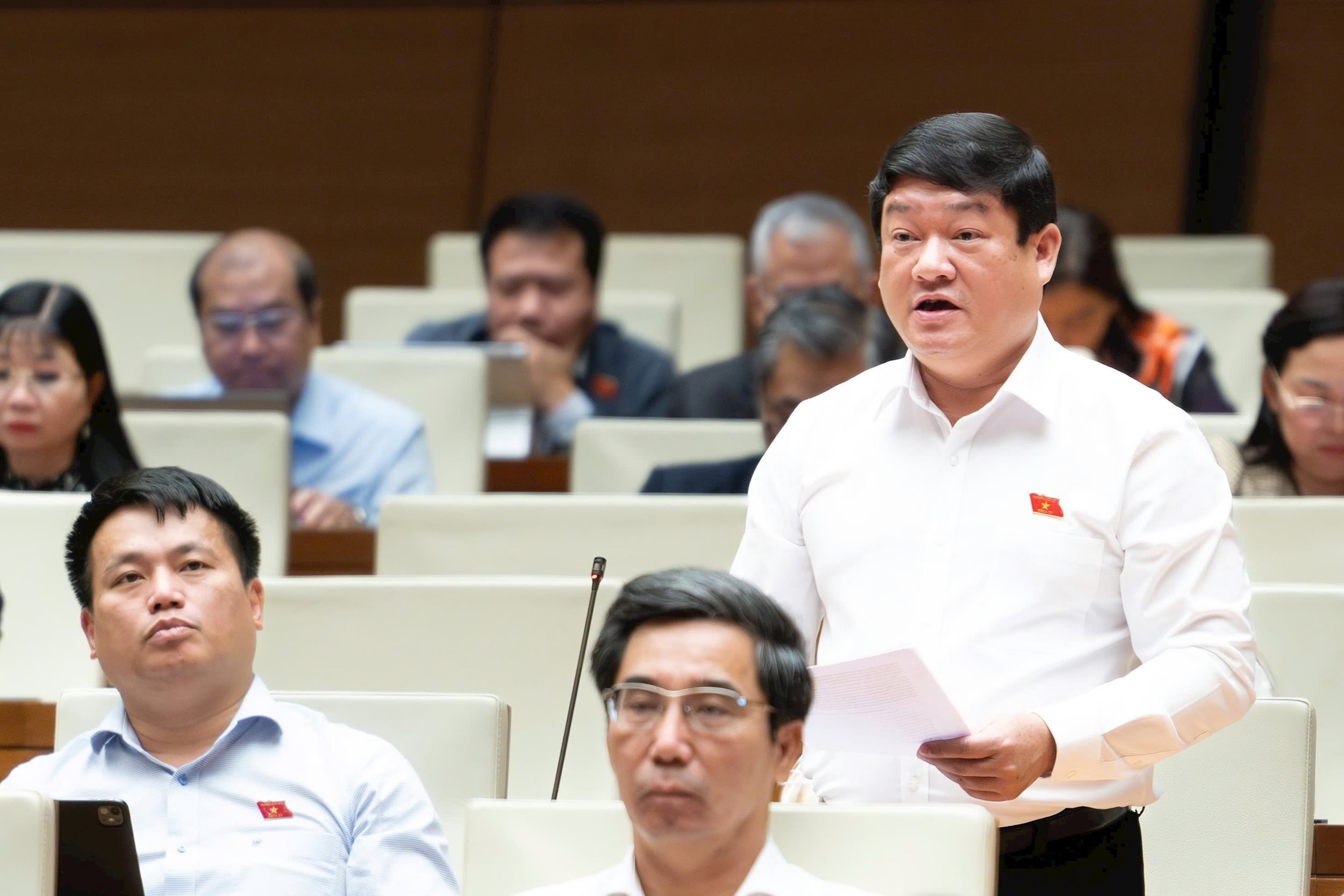
In addition, delegate Luong Van Hung also said that institutionalizing the roadmap for applying the risk-based fee mechanism in the Law will create a stable and transparent legal foundation for the deposit insurance policy, in accordance with international standards of the International Association of Deposit Insurers (IADI). According to statistics of the International Association of Deposit Insurers (IADI), currently in the world, about 40-45% of deposit insurance systems have applied risk-based fees and the number of these organizations is on the rise.

Regarding payments to ensure system safety and social order and safety in Article 36, delegate Luong Van Hung stated that for payments exceeding the limit to ensure system safety, this is the State's responsibility in maintaining financial stability and social order. Therefore, the delegate proposed to add specific regulations on the mechanism for timely reimbursement or compensation from the State Budget or other legal financial sources when the deposit insurance organization must use the Fund to make payments exceeding the limit. This regulation is necessary to ensure the principle of capital preservation and growth of the deposit insurance organization, avoid reducing the Fund's resources, thereby maintaining the ability to pay normally to depositors and ensuring the sustainability of the national deposit insurance system.
Source: https://daibieunhandan.vn/can-quy-dinh-lo-trinh-ap-dung-phi-bao-hiem-tien-gui-phan-biet-10395672.html




![[Photo] Action for the Community tells stories of enduring journeys – both intimate and great, yet quiet and determined](https://vphoto.vietnam.vn/thumb/1200x675/vietnam/resource/IMAGE/2025/11/15/1763179022035_ai-dai-dieu-5828-jpg.webp)



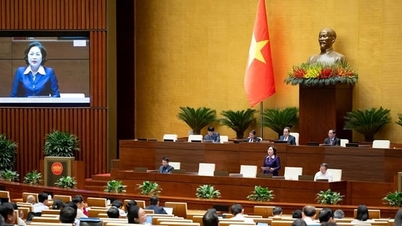

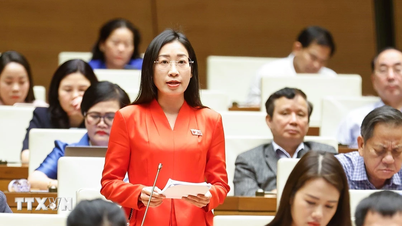



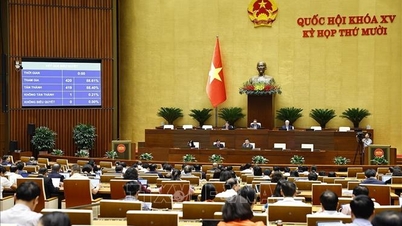




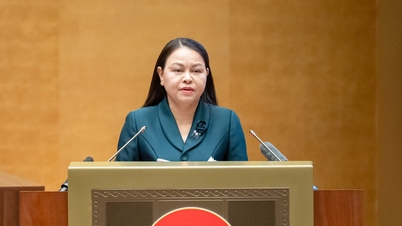
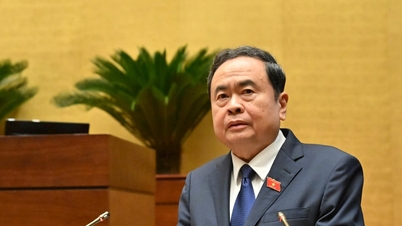
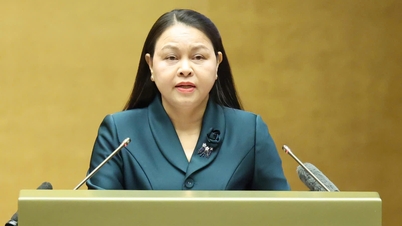

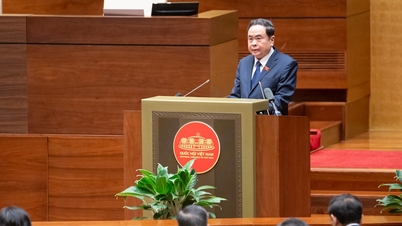









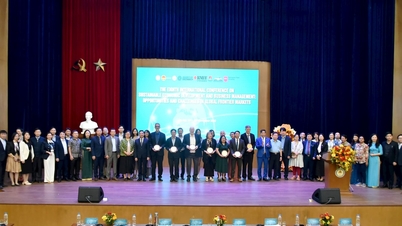





















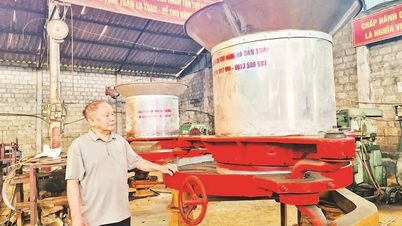





















































Comment (0)